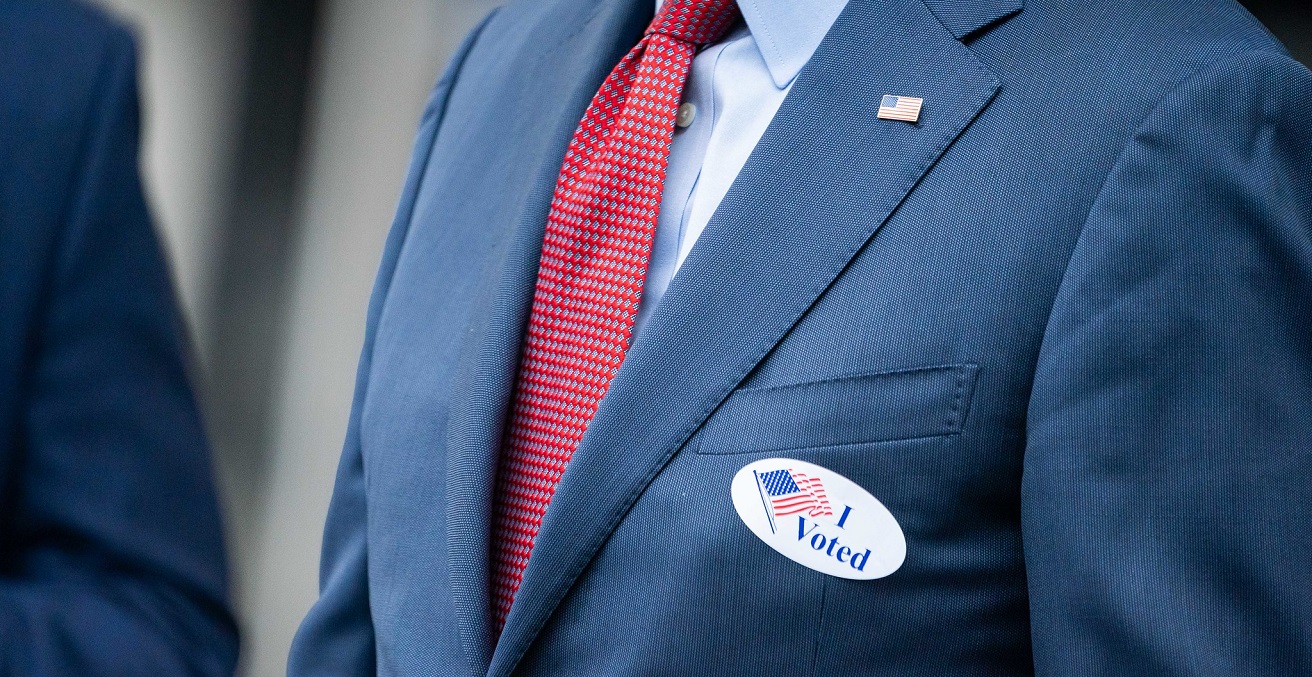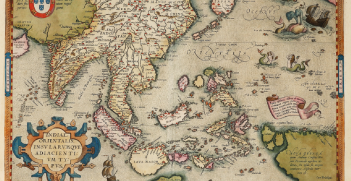American Foreign Policy After the Election

The only times that foreign policy has been a significant issue in contemporary presidential elections have been during wars or major international crises. But to say that foreign policy is electorally less important than domestic policy is not to say that it is unimportant.
The next president of the United States will face serious foreign policy challenges. On many of the issues that Donald Trump has opposed, public support is actually higher than before he became president in 2016 for NATO, the Paris Climate Accord, and the Iran nuclear nonproliferation agreement. Relations with China, and with allies, will be key, and it remains to be seen whether COVID-19 will become an even more internationally contentious issue. But even with Joe Biden’s win, there are deeper political dynamics that, while exacerbated by Donald Trump, were percolating before him and will remain well after this election. How will these politics continue to affect the role the United States plays globally? And what are the implications for the Indo-Pacific region?
Bruce W. Jentleson is William Preston Few Professor of Public Policy and Professor of Political Science at Duke University. In 2020 he was the Des Ball Chair, College of Asia and the Pacific, Australia National University. He also is a Global Fellow of the Woodrow Wilson International Center for Scholars and Non-Resident Senior Fellow at the Chicago Council on Global Affairs. He has served in a number of U.S. foreign policy positions, most recently as Senior Advisor to the State Department Policy Planning Director (2009-11) and chair of a Hillary Clinton 2016 foreign policy working group. In 2015-16 he was the Henry A. Kissinger Chair in Foreign Policy and International Relations at the John W. Kluge Center, Library of Congress. He received the 2018 American Political Science Association (APSA) International Security Section Joseph J. Kruzel Award for Distinguished Public Service and the 2020 Duke Alumni Association Distinguished Undergraduate Teaching Award. He is Co-Director of the Bridging the Gap project promoting greater policy relevance among academics. He holds a Ph.D. from Cornell University. His most recent book is The Peacemakers: Leadership Lessons from 20th Century Statesmanship (W.W. Norton, 2018). His current book is Economic Sanctions: What Everyone Needs to Know (Oxford University Press, 2021).
This is a recording of an event hosted by AIIA Victoria on 5 November 2020. Catch up on webinars from all state and territory branches on YouTube.





